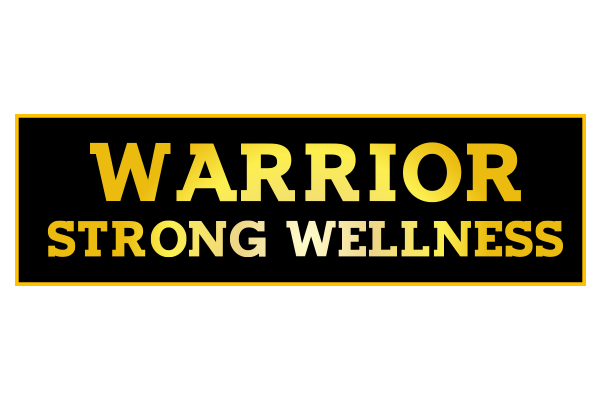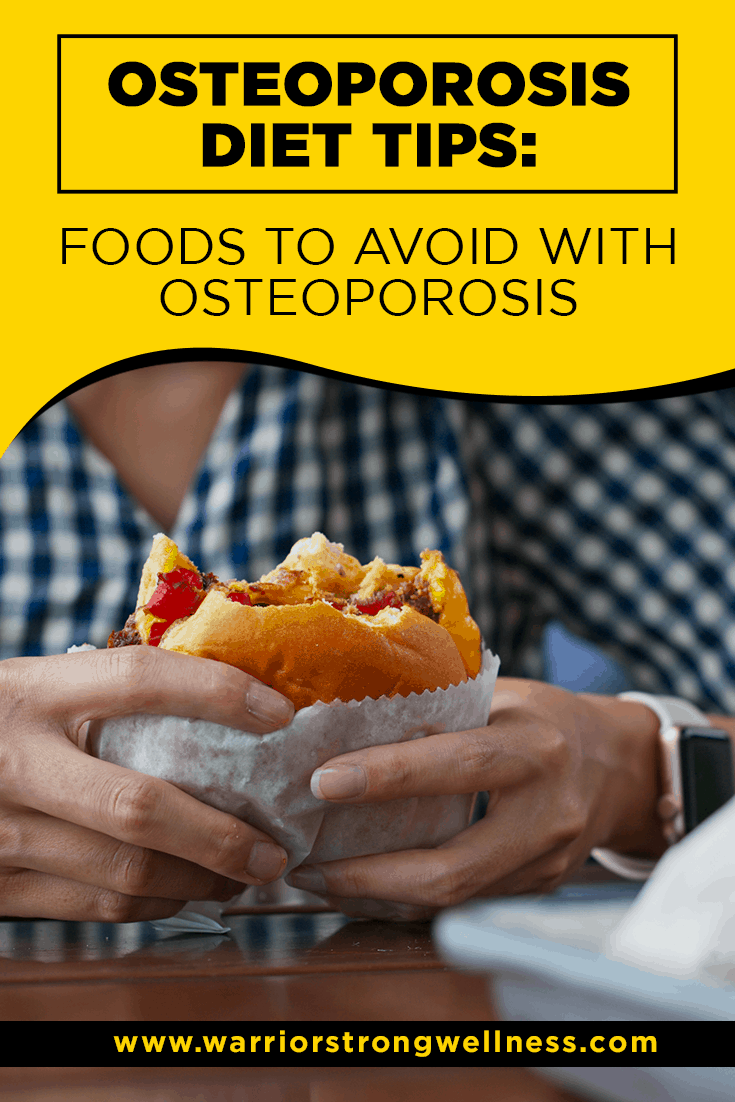Osteoporosis is a common health problem that many experience as they get older. It is particularly prevalent for women who have gone through menopause. Learn how to modify your diet to keep your bones stronger for longer.
It is well-known that taking calcium and vitamin D supplements is a primary way to counteract the bone damaging effects of osteoporosis. However, you also want your diet to work in harmony with your health goals. Today, we are going to take a look at a few osteoporosis diet tips. This will help you to know a few foods to reduce or cut out of your regimen in order to care for your body’s framework. We will also discuss a few myths regarding an osteoporosis diet. That will keep you from cutting out things that you could still be safely enjoying.
Let’s start with a few foods to avoid with osteoporosis.
Foods to Avoid with Osteoporosis: High Salt Foods
You know that calcium is essential for healthy bones. We learn this from childhood, and it’s accurate. But did you know that salt could be causing your body to expel calcium when you use the bathroom? Research shows that there is more calcium in the urine of people with a high sodium diet. Thus, salt becomes the enemy of your efforts to increase your calcium intake and improve your bone density.
Sodium is a tricky thing to cut out of a diet because you have to do more than just stop salting your food at the table. You have to know what preprocessed foods are incredibly high in salt content. Spoiler alert: it’s most of them. Here are some examples of foods you should cut out of your diet to reduce your salt intake:
- Processed meats – This would include items like cold cuts and hotdogs.
- Fast foods – Fast food restaurants pack all of their meals with sodium, whether it’s a burger, taco, or pizza.
- Canned goods – Pay particular attention to the amount of sodium in canned soups and vegetables. There are low sodium options available, but the regular items will contain high amounts of salt.
- Other processed foods – Check the sodium content on anything that comes premade. From chips and pretzels to microwave dinner, preprepared meals and snacks almost always contain excessive salt as a preservative and flavor enhancer. The only way to avoid a high sodium diet is to prepare your meals and control how much salt you add during the cooking process.
On the plus side, you may be surprised just how much salt you can add to your meals while cooking without even coming close to the amount of salt in processed foods. You can still season your food well.
Myths Surrounding Foods to Avoid with Osteoporosis
Many sites promote osteoporosis diet tips that do not line up with factual evidence. Here are a few examples of foods that some websites will tell you to cut out of your diet that is actually fine.
- Caffeinated Beverages – Studies reveal that caffeine, despite being a diuretic, has no impact on the amount of calcium in a person’s urine. There is also very little correlation between caffeine and calcium absorption issues, another common claim. In fact, a tablespoon or two of milk in your coffee provides enough calcium to offset and effect the caffeine might have. Researchers suggest that there happens to be a correlation between consuming more caffeine and less calcium, thus leading to the myth.
- Carbonated Beverages – Phosphoric acid, a common ingredient in carbonated beverages, also gets a bad reputation when it comes to calcium. However, the issue seems to be similar to the myth that developed around caffeine. Research shows that people who drink a lot of carbonated beverages don’t drink as much milk or milk alternatives with calcium. So the problem isn’t what a person is drinking but what a person is not drinking.
- Animal Protein – Maybe it was an animal activist who first came up with the idea that animal proteins dissolve your bones. Regardless of where the idea started, it simply isn’t true. In fact, protein is a primary component in bones and essential to bone health. Collagen, in particular, is the main protein in cartilage. That makes this animal protein necessary for joint health. (Apologies to our vegetarian or vegan readers, but there simply isn’t a viable substitute for collagen right now. Hopefully, scientists will develop a better replacement in the future.)
As you can see, there are many myths surrounding foods to avoid with osteoporosis.
The Best Collagen Supplement for an Osteoporosis Diet
Now that you know you can still have protein on your osteoporosis diet (and it is even encouraged), you may choose to add a collagen supplement to your daily regimen. This is particularly vital if you have problems with your joints. Remember that cartilage is mostly collagen. If you are looking for the best collagen supplement for an osteoporosis diet, you’ve come to the right place.
Warrior Strong Wellness is pleased to offer our Collagen Peptides and Bone Broth Superfood Protein Powder. It goes perfectly in your morning coffee or even in a glass of water if you are not a coffee drinker. Just remember to add a spoon or two of milk if you choose coffee to get a little extra calcium. Calcium and protein are the one-two punch your body needs to get back on track if you are dealing with bone density issues. So be sure to check out the store today.



